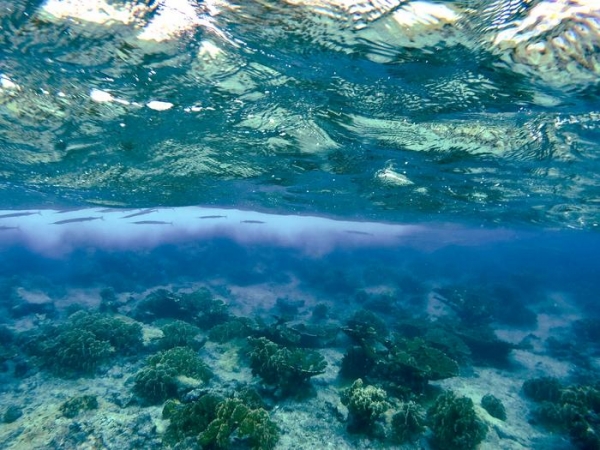Fish and invertebrate animals are far more affected by warmer and more acidic seawater than was previously known.
Fish and invertebrate animals are far more affected by warmer and more acidic seawater than was previously known. This is the conclusion of a study co-led by NIOZ marine biologist Katharina Alter, based on a new analysis method and published in the scientific journal Nature Communications.
Lead author Katharina Alter of the Royal Netherlands Institute for Sea Research (NIOZ) explains why it is essential to summarize and analyze the results of published studies addressing the effects of climate change: “To gain a better understanding of the overall worldwide impact of climate change, marine biologists calculate its effects on all fish or all invertebrate species lumped together. Yet, effects determined in different individual studies can cancel each other out: for example if invertebrate animals such as snails profit from a certain environmental change and other invertebrates, such as sea urchins, suffer from it, the overall effect for invertebrates is concluded to be zero, although both animal groups are affected.”
In fact, snails eat more due to climate change and sea urchins eat less. Alter: “Both effects matter and even have cascading effects: turf algae, the food for sea urchins, grow more while the growth of kelp, the food for gastropods, decreases. The difference in feeding in the two invertebrates causes a shift in the ecosystem from a kelp dominated ecosystem to a turf algae dominated ecosystem, consequently changing the living environment for all other animals living in this ecosystem.”
Read more at: Royal Netherlands Institute for Sea Research
Redfin needlefish (Strongylura notata) "hiding" below the sea surface near the Carribean island of Curacao. (Photo Credit: Juliette Jacquemont)




